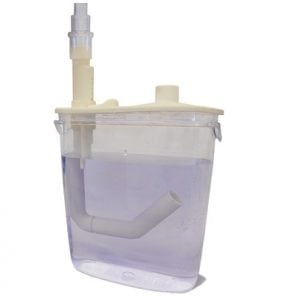
Agriculture
November 22, 2023
SEA-PAP High Oscillation Continuous Positive Airway Pressure Device
Read SolutionImplemented by
The NeoRest team at the Seattle Children’s Hopsital
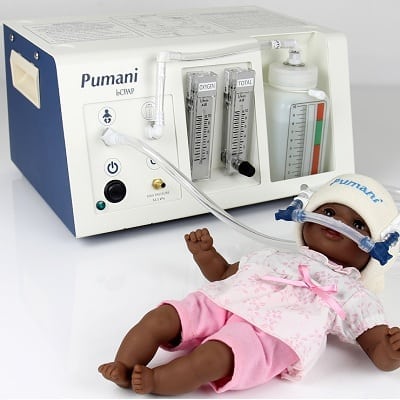
Updated on November 24, 2023
·Created on August 27, 2015
An infant CPAP machine
The Pumani bCPAP is a bubble continuous positive airway pressure (bCPAP) system to treat infants with respiratory distress syndrome in the developing world. The system delivers a blended flow of oxygen and room air.
Target Regions
Southeast Asia
Target SDGs
SDG 3: Good Health and Well-Being
Target Users (Target Impact Group)
Community, Small and Medium-sized Enterprises
Distributors / Implementing Organizations
Partners: Rice 360° and the Malawian Ministry of Health, Médecins Sans Frontières (MSF), Save the Children. Distributor: Hadleigh Health Technologies (a subsidiary of 3rd Stone Design, Inc) located in San Rafael, CA.
Regions
Southeast Asia
Manufacturing/Building Method
3rd Stone Design and its subsidiary company, Hadleigh Health Technologies, have licensed the Pumani bCPAP from Rice and manufacture it in the US.Interview withrepresentative
Intellectural Property Type
Patent Protected
User Provision Model
The Pumani bCPAP is sold to individual clinicians, hospitals, and supporting organizations such as Ministries of Health or Non-Governmental Organizations engaged in providing neonatal and pediatric care. Hadleigh Health Technologies is the primary distributor for the system. Purchase inquiries can be submitted here
Distributions to Date Status
The Pumani bCPAP is now commercially available. 639 Pumani units have been distributed to date. The units were disseminated to 27 central and district government hospitals throughout Malawi and has been distributed in 12 countries in Sub-Saharan Africa, Asia and Latin America. Interview with representative The number of hospitals using the device totals to 127.
Design Specifications
The Pumani bCPAP is made of consumer-grade regulators and air pumps and opted for analog flow meters and gravimetric flow tubes, sheet metal casing, a flow generator, and a patient interface. The flow generator provides ambient airflow to the infant, and an optional oxygen port allows caregivers to treat patients with supplemental oxygen. Submersion of one end of the tubing in a bottle of water creates pressure. By increasing the depth of the tube, the caregiver increases the pressure and the production of bubbles. Pressurized flow helps prevent air sac collapse, thereby allowing the infant to breathe easier. Interview with representative
The Pumani is capable of delivering flow from 0 to 10 L/min and pressure from 5-8 cm H2O. Adjusting these settings is achieved by turning a knob or filling a water bottle. The device also has the ability to blend room air with oxygen from a concentrator or oxygen tank.
Dimensions: 48 x 38 x 31cm Weight: 12kg Power consumption: 15 Watts
Technical Support
BTB and RICE 360 students train the healthcare professionals in the use of the CPAP Pumani. A teaching module, user manual, and repair manual are included with the system HHD provides online training videos, documents and training aids to customers.
HHT also provides electronic and in-person support.
Replacement Components
The system includes a spare parts kit. The pump filter is to be replaced every one to two years and is included with the device.
Lifecycle
Pumani bCPAP is designed to run for years at a time and comes with a 2 year warranty.
Manufacturer Specified Performance Parameters
The Pumani is suggested to provide the same therapeutic pressure as bCPAP systems in the United States.
Pumani is described as:
Low cost
User-friendly
Highly effective
Simple
Adjustable
Durable
Vetted Performance Status
In 2012, results of the Pumani clinical trial conducted at Queen Elizabeth Central Hospital (QECH) in Blantyre, Malawi, showed that use of the Pumani to treat neonatal respiratory distress resulted in 27% absolute improvement in survival, as compared to patients treated with oxygen therapy.
Safety
Common minor bCPAP complications can result such as facial and nasal irritation.
Complementary Technical Systems
Pulse oximeter, respiratory rate timer, oxygen concentrator and suction machine.
Academic Research and References
Machen HE Kawaza K, et al., Efficacy of a low-cost bubble CPAP system in treatment of respiratory distress in a neonatal ward in Malawi. PLoS ONE. 2014; 9(1):e86327.
Brown Jocelyn, et al., A High-Value, Low-Cost Bubble Continuous Positive Airway Pressure System for Low-Resource Settings: Technical Assessment and Initial Case Reports, Published: January 23, 2013DOI: 10.1371/journal.pone.0053622
Chen A, Deshmukh AA, Richards-Kortum R, Molyneux E, Kawaza K, Cantor SB. Cost-effectiveness analysis of a low-cost bubble CPAP device in providing ventilatory support for neonates in Malawi – a preliminary report. BMC Pediatr. 2014 Nov 25;14:288. doi: 10.1186/s12887-014-0288-1. PubMed PMID: 25421903; PubMed Central PMCID: PMC4247223.
Kawaza K, Machen HE, Brown J, Mwanza Z, Iniguez S, Gest A, et al. Efficacy of a Low-Cost Bubble CPAP System in Treatment of Respiratory Distress in a Neonatal Ward in Malawi PLoS ONE 9(1): e86327. (2014) doi:10.1371/journal.pone.0086327
Compliance with regulations
Hadleigh Health Technologies is an ISO 13485 registered company Pumani bCPAP has received the CE Mark 0120. Interview with representative
Evaluation methods
Pumani CPAP went through Clinical trials

Agriculture
November 22, 2023
Implemented by
The NeoRest team at the Seattle Children’s Hopsital
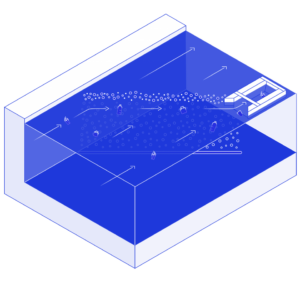
Agriculture
January 15, 2024
Implemented by
The Great Bubble Barrier
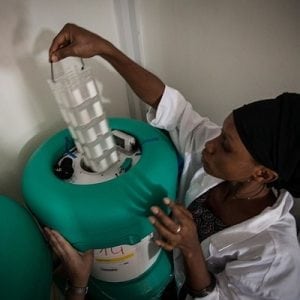
Agriculture
February 20, 2024
Implemented by
Intellectual Ventures Lab
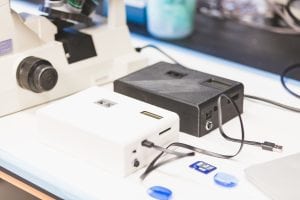
Agriculture
March 10, 2024
Implemented by
Disease Diagnostic Group
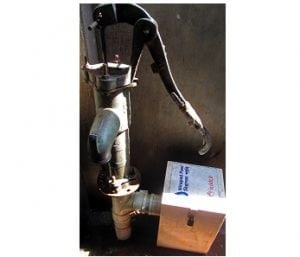
Agriculture
January 3, 2024
Implemented by
Stanford Researchers and the International Centre for Diarrhoeal Disease Research, Bangladesh
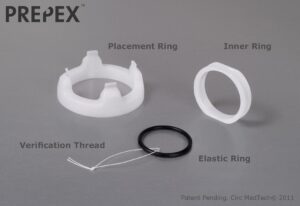
Agriculture
February 5, 2024
Implemented by
Circ MedTech
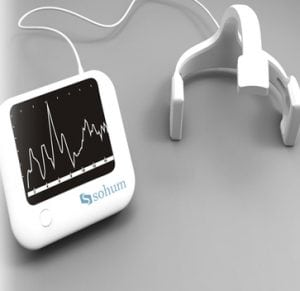
Agriculture
December 12, 2023
Implemented by
Sohum Innovation lab
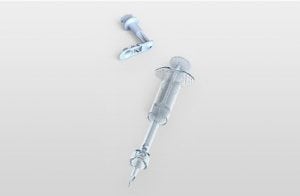
Agriculture
December 19, 2023
Implemented by
Star Syringe
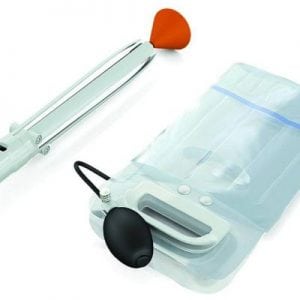
Agriculture
September 26, 2024
Implemented by
Jorge Odón
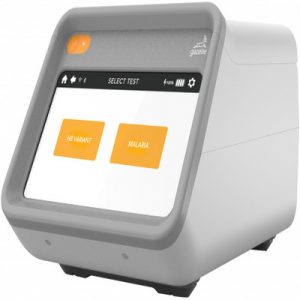
Agriculture
February 26, 2024
Implemented by
Hemex Health
Have thoughts on how we can improve?
Give Us Feedback